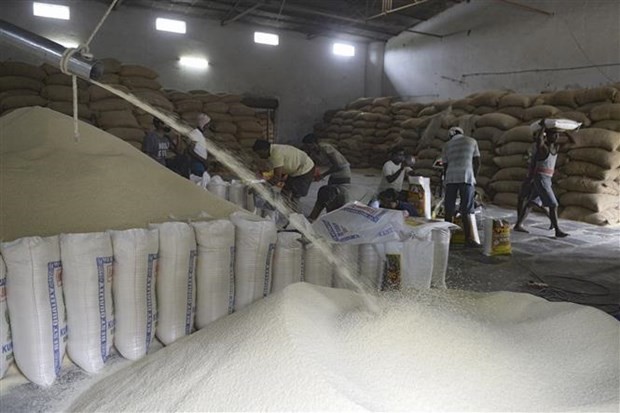 |
| Workers work at a rice mill on the outskirts of Hyderabad, India. (Source: AFP) |
The Directorate General of Foreign Trade (DGFT) under the Indian Ministry of Commerce said that India would allow the stranded shipments to be exported if traders paid export tax by July 20, the day India imposed a ban on exports of non-basmati white rice, which is widely consumed.
The export ban has left thousands of tonnes of non-basmati white rice stranded at ports, leaving traders facing losses. Prior to the ban, non-basmati white rice was subject to a 20% export tax.
Mr. Prem Garg, Chairman of the Indian Rice Exporters Association, said that after being "paved the way" by the DGFT, about 150,000 tons of non-basmati white rice will be exported from many ports.
“Allowing India to allow exports of non-basmati white rice stuck at ports will not only help Indian suppliers but also help consumers in countries that need this supply. Most of the stuck shipments will be exported to East and West African countries,” the official stressed.
India exports rice to more than 150 countries, including some poor countries in Africa and Asia. In 2022, the country's rice exports reached a record high of 22.2 million tons.
India accounts for more than 40% of the world’s rice exports. With stocks in other exporting countries running low, any reduction in its exports could add to global food prices.
Source




![[Photo] Closing of the 11th Conference of the 13th Central Committee of the Communist Party of Vietnam](https://vstatic.vietnam.vn/vietnam/resource/IMAGE/2025/4/12/114b57fe6e9b4814a5ddfacf6dfe5b7f)


![[Photo] Overcoming all difficulties, speeding up construction progress of Hoa Binh Hydropower Plant Expansion Project](https://vstatic.vietnam.vn/vietnam/resource/IMAGE/2025/4/12/bff04b551e98484c84d74c8faa3526e0)


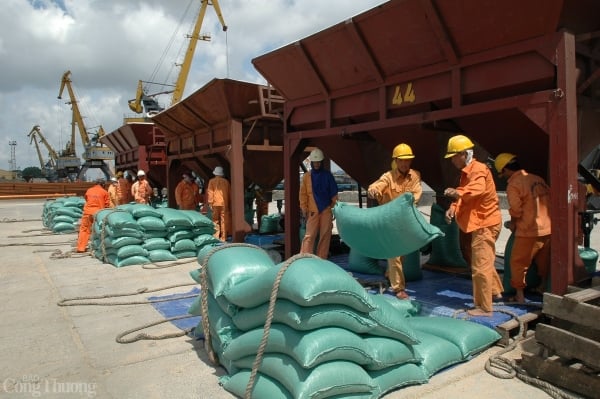

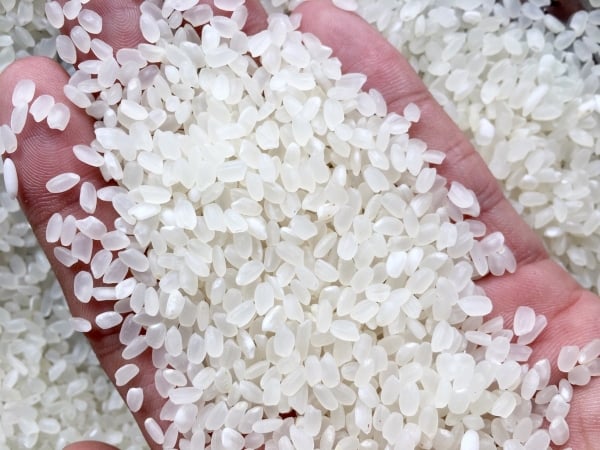
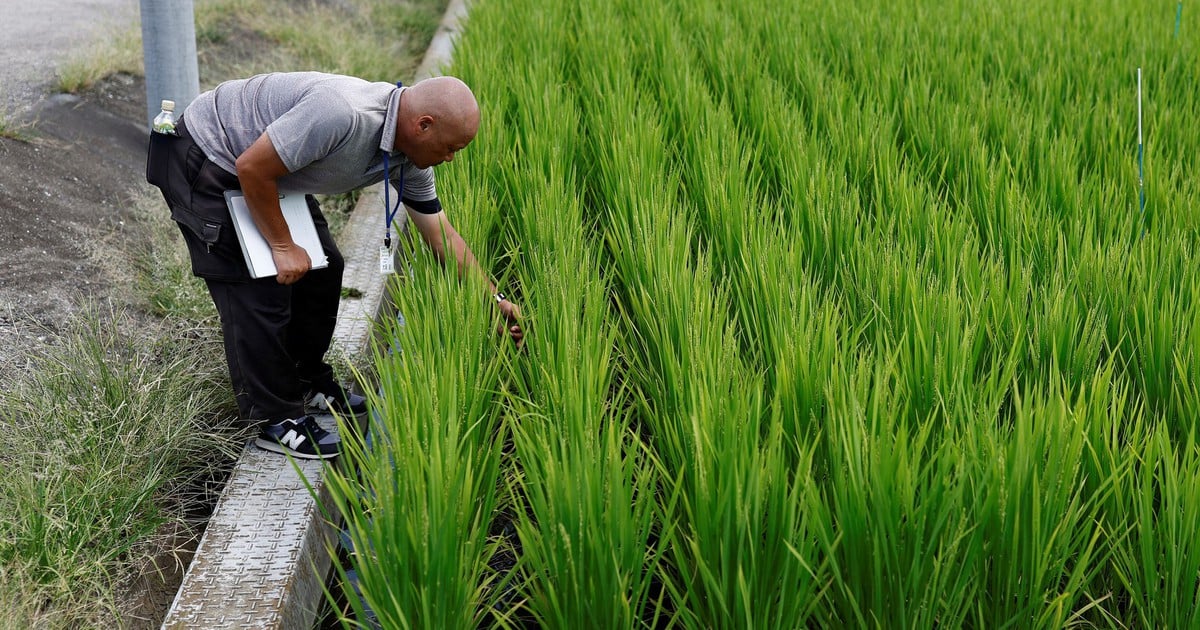

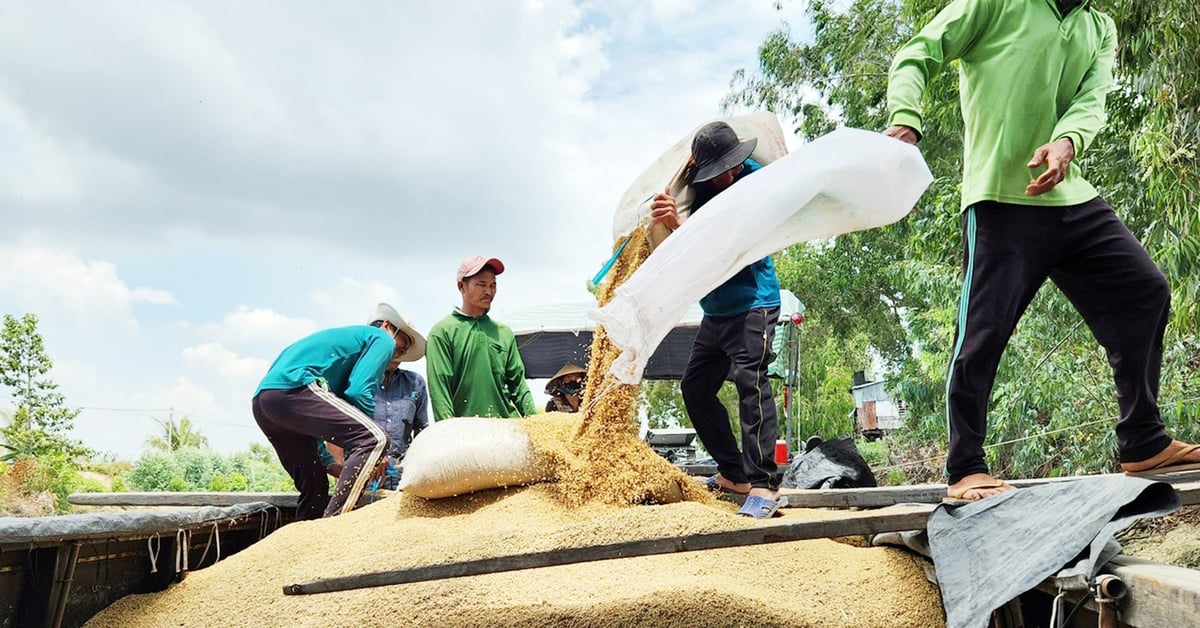

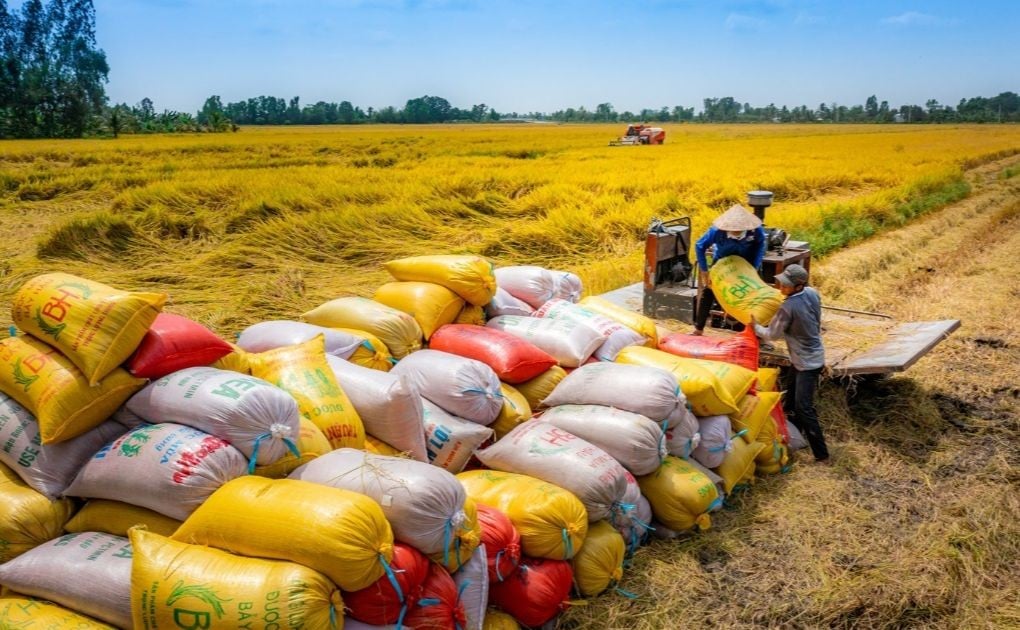





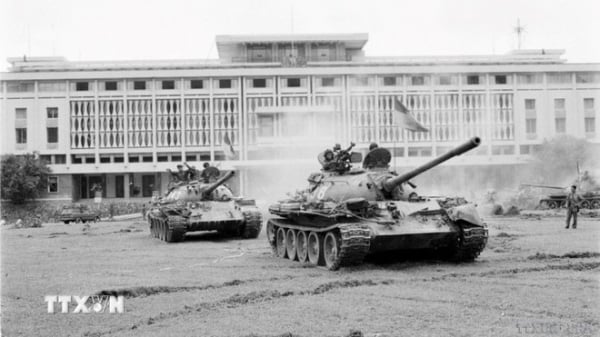









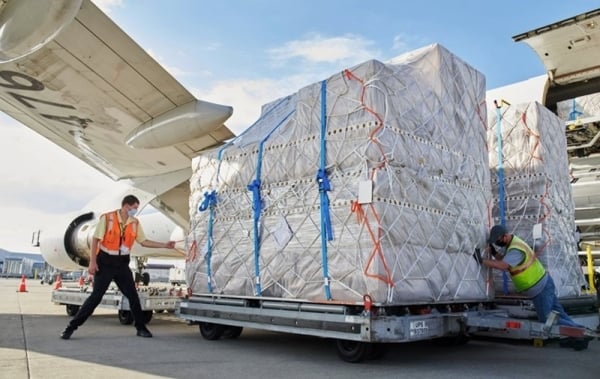































































Comment (0)